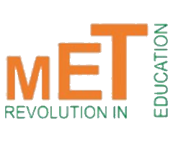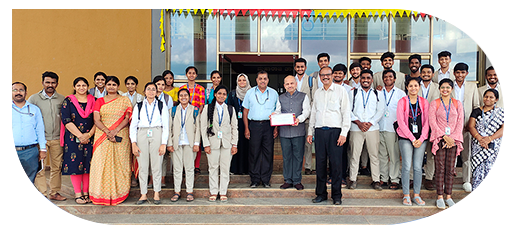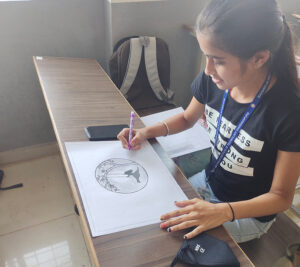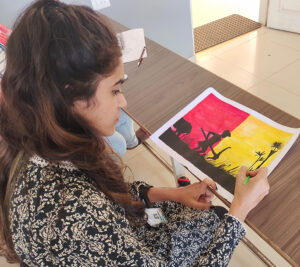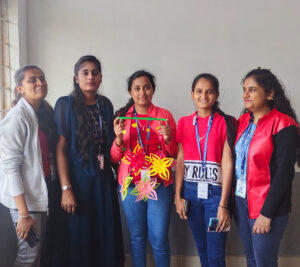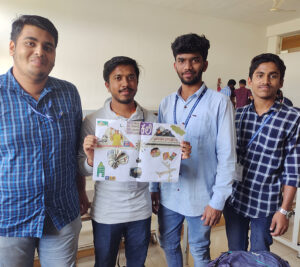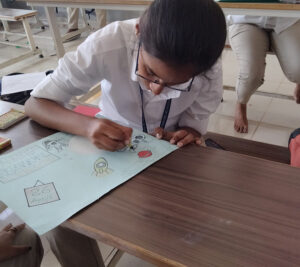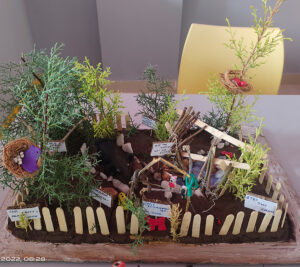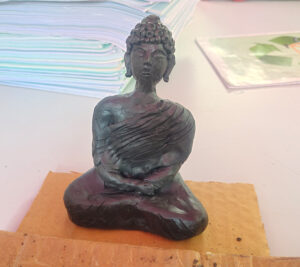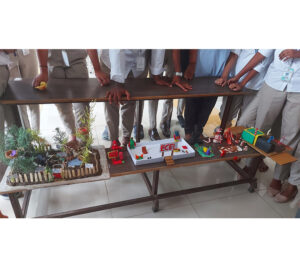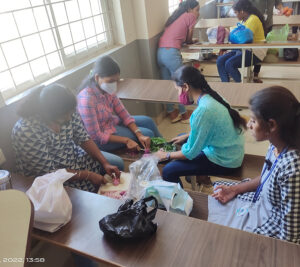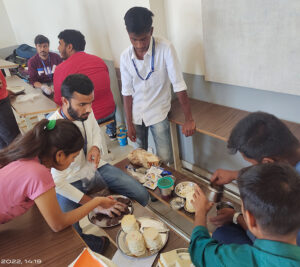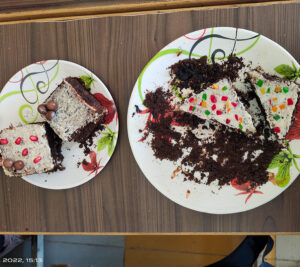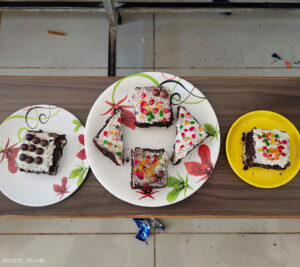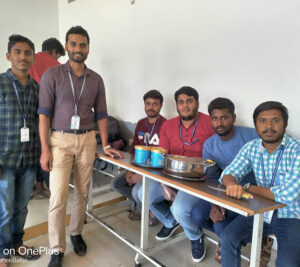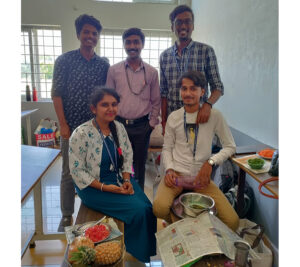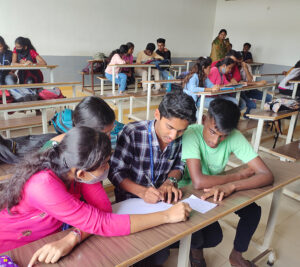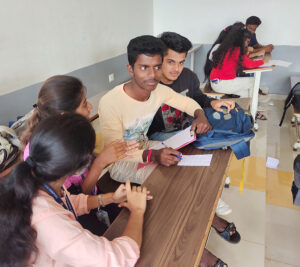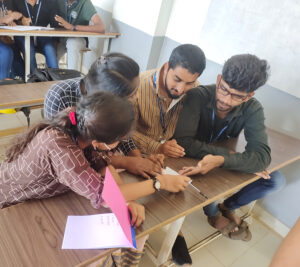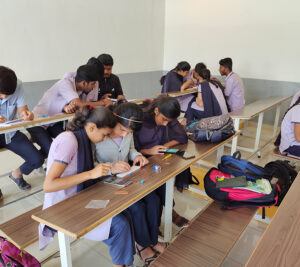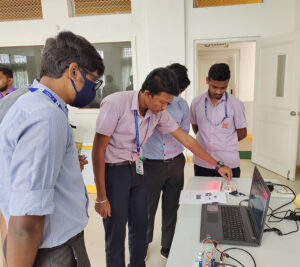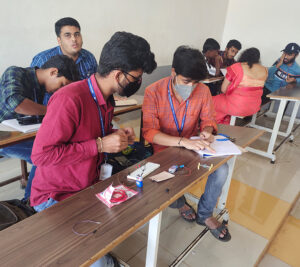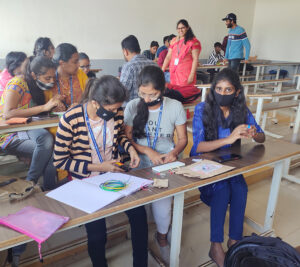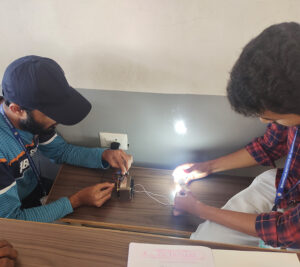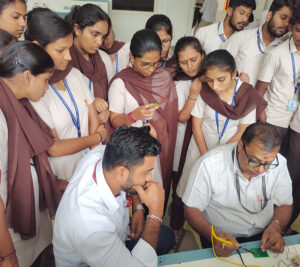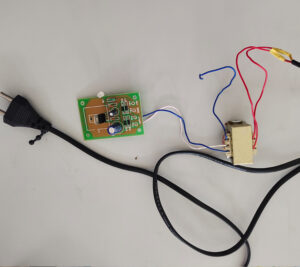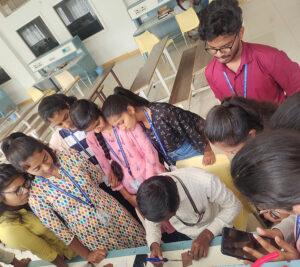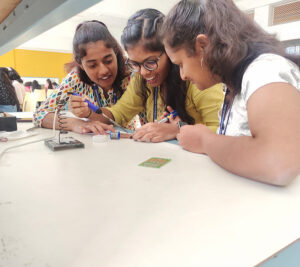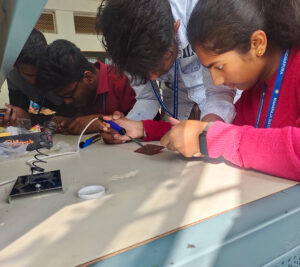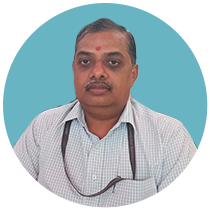
Dr. Srinivasa M G
B.E, M.Tech, Ph.D
Associate Professor and HOD
Dept. of Electronic & Communication Engineering
Welcome to the Department of Electronics & Communication Engineering at Maharaja Institute of Technology Thandavapura campus. Established in 2016 with an intake of 60 students, our department is dedicated to providing quality education in the field of Electronics & Communication. Our goal is to equip students with the knowledge and skills to become competent graduates leveraging engineering principles and emerging technologies. With a focus on areas such as signal processing, embedded systems design, artificial intelligence, robotics, and more, our faculty is committed to delivering a blend of fundamental concepts and cutting-edge advancements through innovative teaching methods. Through hands-on laboratory experiences, participation in inter-college competitions, industry internships, and training programs, we ensure our students are well-prepared for successful careers in both national and international arenas. With the support of our dedicated faculty and management, our graduates are prepared to excel in diverse fields and contribute to the global technological landscape.
Department Highlights
- Compulsory Placement & Training starting from 1st semester.
- Every semester unique Technical Activities to enhance individual / team Communication & Analytical skills.
- Mentor ship to monitor student’s academic track.
- Remedial classes to compensate slow learning students.
- Every semester unique Cultural Activities to enhance individual / team skills.
- Industrial Visits.
- Stress Relief Team outing.
VISION OF THE DEPARTMENT
To be at the forefront in producing envisioning minds and build competence in the field of electronic and communication engineering to deliver quality solutions to societal problems
 MISSION OF THE DEPARTMENT
MISSION OF THE DEPARTMENT
- To impart quality education in an ecosystem of self-learning and thought provoking engagements that propels creativity.
- To adopt new teaching methods, drawn from research and innovation to accelerate problem-solving skills skills
- To deploy a strategic opportunity, that potential leadership qualities added with ethical and competitive attitude
PROGRAM EDUCATIONAL OBJECTIVES (PEOs)
- Exhibit competencies relevant for industry and reason the findings towards better performance of self and the system.
- Explore technological development through inquisition of greater knowledge and their applicability
- Develop solutions to solve societal problems in a team or as an individual
PROGRAM SPECIFIC OUTCOMES (PSOs)
- To analyze, design and develop VLSI and embedded systems for real time applications.
- To apply their knowledge and skills to develop a application in signal processing & communication systems.
Our Infrastructure and Laboratories
Combined with the systematic teaching methodology and syllabus in line with the current technology
-

Analog Electronics Lab
This course provides the basic knowledge over the construction and functionality of the basic electronic devices such as diodes and transistors. It also provides the information about the uncontrollable and controllable electronic switches and the flow of current through these switches in different biasing conditions. This course is intended to describe the different configurations and modes of controllable switches and how these electronic devices can be configured to work as rectifiers, clippers, clampers, oscillators and amplifiers.
Recommended Systems/Software Requirements: The lab is well equipped with high performance computers. Multisim software, Electronic components, CRO, Digital Multimeters, Voltmeters and ammeters.
Digital Electronics Lab
The lab is mainly concentrating on introducing designing of digital systems to the students of ECE. The students are introducing to the digital IC’s to construct combinational and sequential digital systems based on the logic gates. The major experiments include the designing of Adders, Subtractor, Multiplexers, Demultiplexers, Encoder, Decoder & Sequential digital systems like Counters & registers.

Microcontroller Lab
Embedded Systems lab is mainly used to give the concept of micro-controller, Embedded C programming and assembly language programming & give an idea to the students that how to interface the peripherals like Stepper motor, DAC, ADC, Keyboard, Temperature Sensor, Logic controllers etc., for E&C Students.
Simulation Software: Keil μ Vision, Nuvoton ISP

Hardware Description Language Lab
The recent, steady advances in semiconductor technology continue to increase the power and complexity of digital systems. Due to their complexity, such systems cannot be realized using discrete integrated circuits. They are usually realized using high density, programmable chips, such as application specific Integrated circuits (ASICs) and Field programmable gate arrays (FPGAs) and require sophisticated CAD tools. HDL is an integral part of such tools. HDL offers the designer a very efficient tool for implementing and synthesizing designs on chips.
In Electronics Engineering, Hardware description language (HDL) laboratory program is a computer aided design (CAD) tool for the modern design and synthesis of digital systems. Program construct of HDL is done using Verilog HDL. Verilog is a description language that describes the behavior of a logic circuit at gate level. It can also be used for simulation of a logic designs.
Major Equipments:
- FPGA kit
- DC Motor
- Stepper Motor
Software:
- Xlinx ISE 14.7 Software

Digital Signal Processing Lab
According to present curriculum B-Tech (ECE) 5th Semester Students perform experiments on Digital Signal Processing Laboratory. Digital Signal Processing (DSP) Laboratory can be described as the processing of signals using digital techniques or digital computers. A signal is a piece of information in binary or digital form. Digital Signal processing techniques improve signal quality or extract important information by removing unwanted part of the signal. Digital Signal Processing accounts for a substantial proportion of the world market for electronic devices. And therefore, the leading electronics manufacturers have invested heavily in DSP technology.
Our laboratory presents an opportunity for students to check out their signal processing algorithms, from students' laboratory experiments to high-level research topics, in real situations.
Facility available in the laboratory:
- The lab is well equipped with high performance computers.
- Software packages such as MATLAB and Code Composer Studio are installed in the systems.
- The lab has Texas Instruments DSP kits for carrying out various advanced experiments.
- All the PCs are connected with LAN and internet connection.
- Hands on experiment with real time signal can be processed using TMS Kit.
- Beyond schedule laboratory session, this laboratory is open for practice session for beginner and researcher.
Major Equipment:
- Desktop PCs with LAN connection.
- DSP Starter Kit (Texas Instruments)

Computer Network Lab
This course provides students with hands on training regarding the design, troubleshooting, modeling and evaluation of computer networks. In this course, students are going to experiment in a real test-bed networking environment, and learn about network design and troubleshooting topics and tools such as: network addressing, Address Resolution Protocol (ARP), basic troubleshooting tools (e.g. ping, ICMP), IP routing (e,g, RIP), route discovery (e.g. trace route), TCP and UDP, IP fragmentation and many others. Student will also be introduced to the network modeling and simulation, and they will have the opportunity to build some simple networking models using the tool and perform simulations that will help them evaluate their design approaches and expected network performance.

VLSI Lab
VLSI design lab is as an integral part of the department of Electronics and Communication Engineering (ECE). The VLSI library integrated with the lab helps the students and researchers to acquire all the needed concepts to deal with different practical experiments. The focus of this lab is to concentrate on the different pros and cons in the field of VLSI domain. The students are trained in the lab to write a program, to describe hardware of the system to be developed, then to simulate the program to verify the design and then to implement it on a FPGA or a CPLD kit. Students are introduced to XILINX software to perform the experiments. Further they are introduced to the designing of very large scale integrated circuits (VLSI) using software’s like Mentor Graphics & Microwind for both Analog & Digital system design. Some of the major experiments students conduct in the lab are designing of address for ALU, multiplexers, Flip-flops Encoders, Decoders, Demultiplexers & 32-bit ALU.
After the successful completion of the prescribed experiments in the lab, enables a student to gain complete knowledge of IC fabrication technique and testing. This help a student to get a placement in companies like National Semiconductors, Microchips, Robert Bosch, etc.,
Simulation Software:
- Xilinx
- Mentor Graphics
Teaching Staff
Combined with the systematic teaching methodology and syllabus in line with the current technology

Dr. Srinivasa M G
B.E, M.Tech, Ph.D
Associate Professor and HOD

Dr. Rakshith K
B.E, M.Tech, Ph.D
Professor
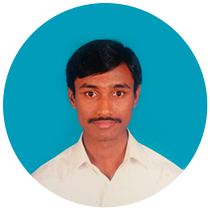
Prof. Ravikumar R
B.E, M.Tech
Assistant Professor

Prof. Guruprasad A M
B.E, M.Tech, (Ph.D)
Assistant Professor
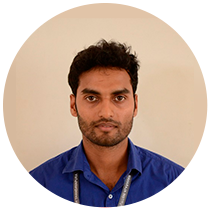
Prof. Girish K A
B.E, M.Tech
Assistant Professor
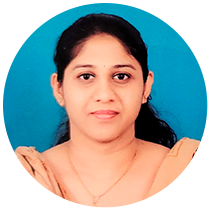
Prof. Subhashini R
B.E, M.Tech
Assistant Professor
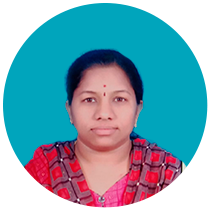
Prof. Bhagya Lakshmi V
B.E, M.Tech
Assistant Professor
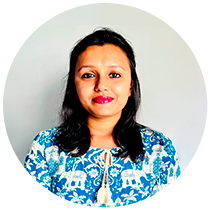
Prof. Meghana M N
B.E, M.Tech
Assistant Professor
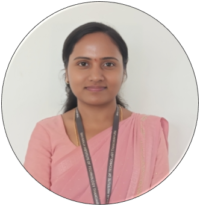
Prof. Kavya P
B.E, M.Tech, (Ph.D)
Assistant Professor
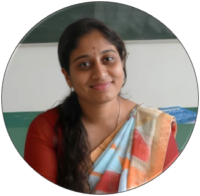
Prof. Gagana M S
B.E, M.Tech
Assistant Professor
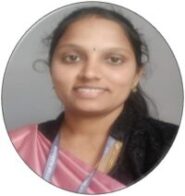
Prof. Divya
B.E, M.Tech
Assistant Professor
Non Teaching Staff
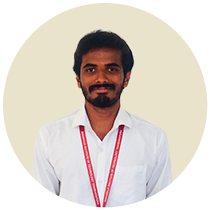
Mr. Arun
Diploma
Lab Instructor
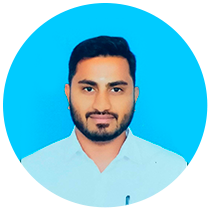
Mr. Naveen K
Diploma
Lab Instructor
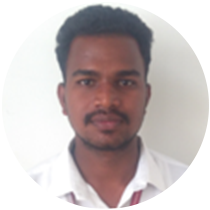
Mr. Nanjappa
PUC
Lab Instructor
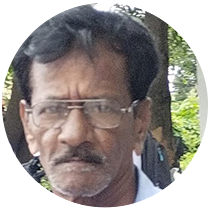
Mr. vijay kumar U M
Attender
Acivities Organized By Department
|
|
|
|
|
| 1 | Dr. Pandian P.S, Scientist 'F', LDRE, DRDO. | "Recent Advancement in Medical Devices and Development" by Dr. P.S. Pandian, Scientist ‘F’, LRDE, DRDO | 3rd SEM | 5-5-2016 |
| 2 | Mr Raghubhim Rao, Senior Program Manager working in Valtech India Systems | What industry expects and How to prepare for that " | 4rd SEM | 5-5-2016 |
Workshops Conducted
|
|
|
|
|
| 1 | -- | EMBEDDED SYSTEM DESIGN USING MSP430 AND ITS IOT BASED APPLICATIONS IN ASSOCIATION WITH TELOS TECHNOLOGIES | 4rd SEM | 5-5-2016 |
| 2 | -- | EMBEDDED SYSTEM DESIGN USING ARDUINO | 4th SEM | 5-5-2016 |
Art and Craft
Clay Model
Cooking without Fire
Kannada Quiz
Mini Project
Soldering Workshop
Industrial Visit
Workshop
Arduino
FDP
Indusrial rev 4.0
Internship
MSP430
Octave
Raspberry pi
Contact Our Team
For more information, kindly contact to the below details.

Dr. Srinivasa M G
Associate Professor and HOD
Dept. of Electronics & Communication Engineering
2018-2022
| SL.No | Industry/company Name | No. Of students selected |
| 1 | Newwave | 3 |
| 2 | Marlabs | 9 |
| 3 | TechMahindra | 1 |
| 4 | ArisGlobal | 1 |
| 5 | TCS | 1 |
| 6 | Excelsoft | 5 |
| 7 | Wipro | 2 |
| 8 | Joyit | 1 |
| 9 | Infosys | 1 |
| 10 | Lam research | 1 |
| 11 | NTT Data | 1 |
| 12 | Mind tree | 1 |
| 13 | 6DTech | 1 |
| Total no. of final year students | 39 | |
| Total Total no. of students placed | 28 | |
| % of students placed | 71.79 | |
2017-2021
| SL.No | Industry/company Name | No. Of students selected |
| 1 | Newwave | 2 |
| 2 | Mphasis | 4 |
| 3 | IBM | 1 |
| 4 | Accenture | 3 |
| 5 | AMDOX | 5 |
| 6 | NTTData | 2 |
| 7 | Wipro | 1 |
| 8 | TCS | 4 |
| 9 | Cognizant | 4 |
| 10 | L & T | 1 |
| 11 | Kriya | 1 |
| 12 | AT & S | 1 |
| Total no. of final year students | 34 | |
| Total Total no. of students placed | 27 | |
| % of students placed | 79.411 | |
2016-2020
| SL.No | Industry/company Name | No. Of students selected |
| 1 | Cognizant | 10 |
| 2 | IBM | 1 |
| 3 | BLA | 1 |
| 4 | TCS | 6 |
| 5 | Pin Click | 2 |
| 6 | wistron | 1 |
| 7 | Quacquarelli | 1 |
| 8 | L&T TS | 2 |
| 9 | Isha found | 1 |
| 10 | capegemini | 1 |
| 11 | Equalizer RCM | 1 |
| 12 | Tech Mahindra | 2 |
| 13 | AT&S | 2 |
| 14 | Wipro | 1 |
| Total no. of final year students | 42 | |
| Total Total no. of students placed | 31 | |
| % of students placed | 73.80 | |
